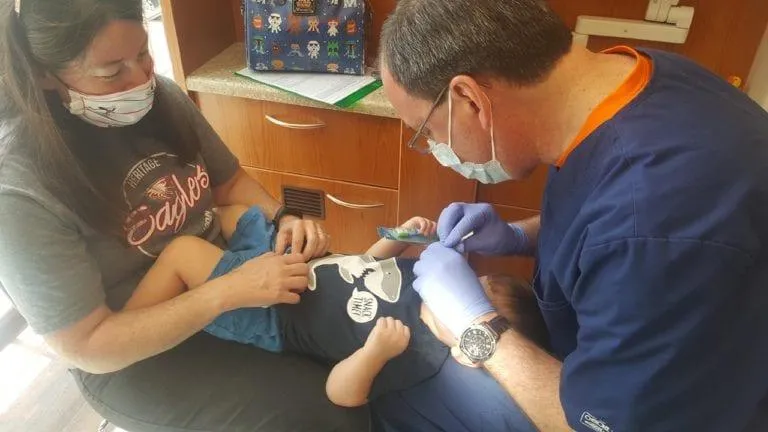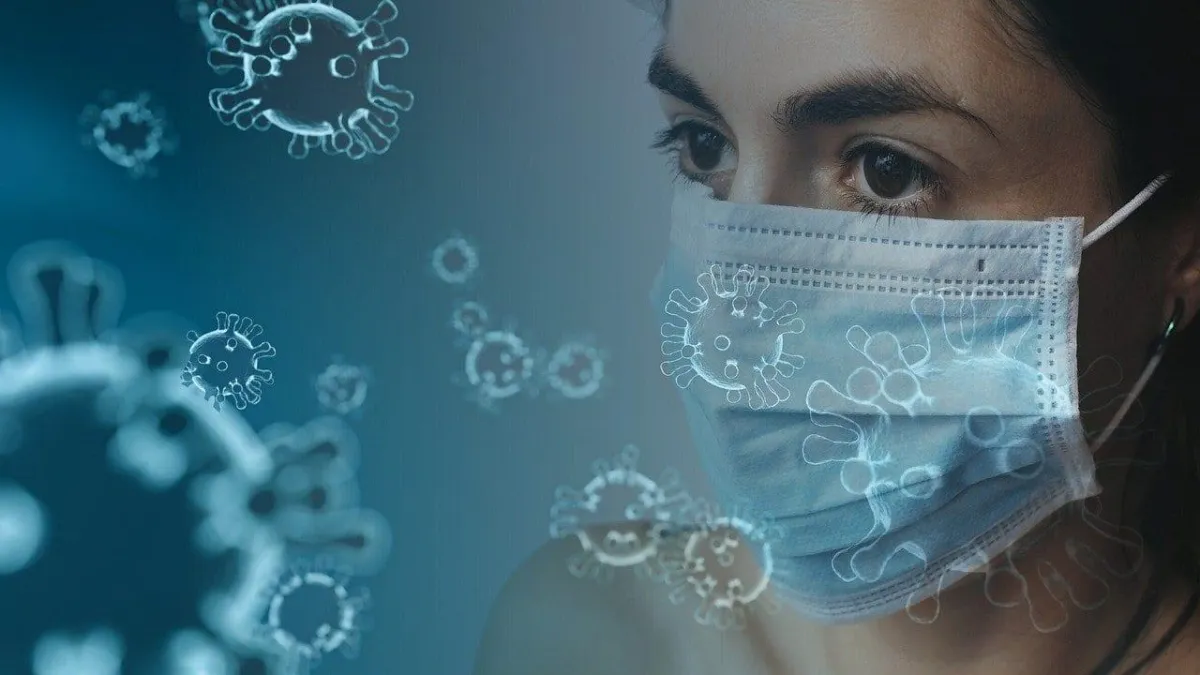The COVID-19 virus (recently known as the novel coronavirus) outbreak has been worsening in recent months and has been recently deemed a pandemic. While the outbreak has affected China more than any other country at this point, cases are quickly popping up around the world, including the United States.
What is COVID-19?
One of the things we have noticed is the mass hysteria with people who are very fearful. COVID-19 is a virus in the coronavirus family. Coronavirus itself is not new. A large number of people globally have had it one or more times in their lifetime. Novel Coronavirus is a previously undiscovered strain.
We hear some people liken it to the flu. Though it can have some of the similar symptoms of the flu, it is different. One of the often quoted statistics that tends to cause much more fear in people is the mortality rate. However, there is virtually no possibility that we can accurately compare the mortality rate of novel coronavirus to the seasonal flu.
Think of it this way… We are used to having a flu season every year. In fact, that has been tracked for over 100 years. Many people, during the season, will go to the doctor and they will test positive or negative for the flu. Hundreds of thousands of tests are administered annually. However, some percentage of people still don’t get tested.
COVID-19 is a newer discovery. There is not 100 years of testing behind this. The number of tests completed is minuscule based on the average number of tests completed for the flu annually. Because of the nature of the symptoms, a large majority of people do not even get tested (with the fast onset, most would have never thought about it).
This means the likelihood of hundreds of thousands more people having or having had the virus is highly likely. This skews mortality rates. According to the World Health Organization, worldwide, these annual flu epidemics are estimated to result in about 3 to 5 million cases of severe illness, and about 290 000 to 650 000 respiratory deaths.
How can I lower my chances of infection?
Health leaders encourage implementing prevention methods similarly used to ward off other respiratory illnesses, like the flu.
Avoid close contact with people who are sick
Avoid touching your eyes, nose and mouth
Stay home when you are sick
Cover your cough or sneeze with a tissue, then throw it in the trash
Clean and disinfect frequently touched objects or surfaces
Wash your hands often
Should I stock up on supplies?
During these types of health scares, people tend to stock up on needless items, like toilet paper. Toilet paper can do nothing to prevent the spread of the illness. As well, COVID-19 is not a GI tract virus so it does not cause diarrhea or other intestinal issues.
If you are going to stock up on some type of supplies, the recommendation is having two weeks worth of:
Is it safe to travel?
The CDC maintains a list of locations that should be avoided to reduce the chances of infection. See an updated list at https://www.cdc.gov/coronavirus/2019-ncov/travelers/
Should my children still attend school?
Sick children should be kept at home as a precaution, but children who aren’t sick should continue to follow their school’s guidance. The CDC announced that some schools may take precautions, such as extended closures, if the COVID-19 outbreak worsens. Several countries are already implementing or considering such options.
Will I be able to see my doctor and receive my normal prescriptions?
You should still be able to continue normal health services, but there may be delays related to an increase in patients. If you’re concerned about running out of a prescription or not being able to reach your physician, contact your doctor as soon as possible and discuss your options. Many doctors offer telehealth options for remote patient visits. Your doctor may also be able to help fill a prescription early if you need to stock up.
Should I be wearing a face mask?
You should only wear a face mask if your doctor recommends it or if you’re exhibiting symptoms of COVID-19 according to the CDC. Face masks can help prevent the spread of disease in those who are sick, but offers little protection if you are not already sick.
What if a loved one or I become infected?
The CDC says to stay home and avoid public transportation if you think you may be infected. Infected patients should be separated from everyone as much as possible, isolating themselves to a single room in the home. Even animals should be avoided, as experts are still learning how the virus can be spread. After quarantining, call your doctor and tell them you suspect a COVID-19 infection. A phone call will help the hospital prepare for a visit by a potentially infected patient. Your doctor will then be able to conduct follow-up tests and prescribe treatment.
Where can I learn more?
Check https://cdc.gov for more information about COVID-19 and what health experts are doing to stop it.


